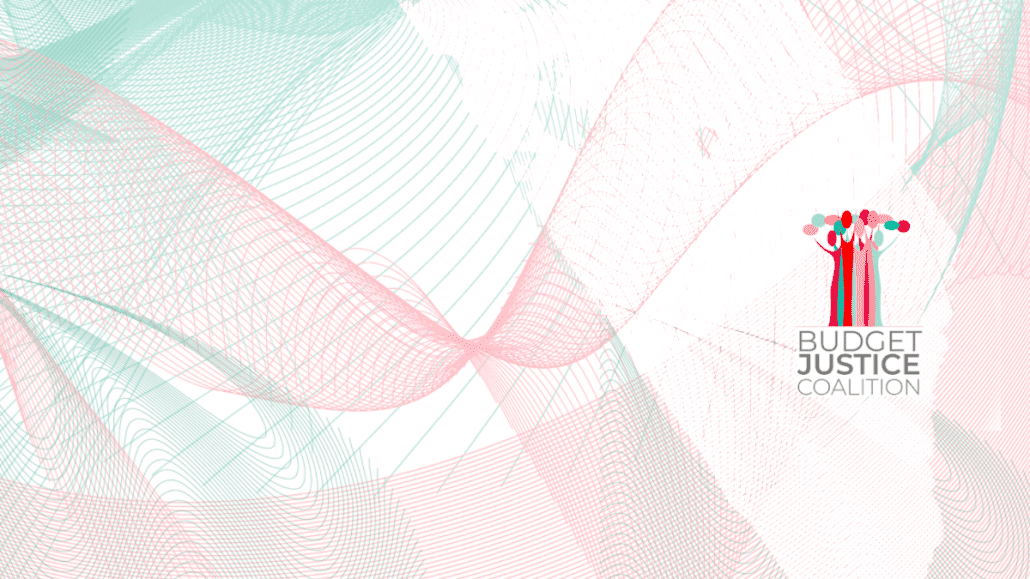Tomorrow, 23 February, Finance Minister Enoch Godongwana will table the 2022 national budget – his maiden speech, and the first post-crisis budget. There is widespread consensus on the need for inclusive growth and job creation, and the Budget Justice Coalition (BJC) strongly believes that economic recovery and a pro-poor budget can co-exist.
However, the regression in the realisation of socio-economic rights and the unequal enjoyment of the right to health, education and social assistance cannot and should not be ignored.
The success of the economic plan is contingent on the strengthening of public services, without which any attempt to revitalise the economy or achieve inclusive growth will be dead on arrival. Poverty reduction requires public expenditure on basic needs.
On 21 October 2020, the BJC tabled Imali Yesizwe (Our Nation’s Money), an alternative human rights budget. The coalition believes that the following recommendations by Imali Yesizwe are still relevant and in fact, are the best way to move forward as a nation with the challenges we face.
- The abandonment of austerity budgeting. This means moving away from an oversimplified and dangerously narrow focus on debt reduction through billions of rands in spending cuts which are damaging for the economy and people’s rights.
- The budget must focus instead on a fairer sharing of burdens between rich and poor, with more affluent households contributing to debt reduction through higher tax rates
- At the same time, trust must be restored in government and steps taken to improve the composition of expenditure so that sufficient funds are allocated to socio-economic priorities such as health care, basic education, housing, social development, gender-based violence, climate change, and the battle against all forms of corruption.
For media enquiries contact:
Phemelo Khaas Khaas.pp@gmail.com 083 763 3472
ABOUT THE BUDGET JUSTICE COALITION:
Civic organisations who are part of the Budget Justice Coalition include: the Alternative Information and Development Centre (AIDC), the Children’s Institute at UCT (CI), Corruption Watch (CW), the Dullah Omar Institute at UWC (DOI), Equal Education (EE), Equal Education Law Centre (EELC), the Institute for Economic Justice (IEJ), Oxfam SA, Pietermaritzburg Economic Justice and Dignity Group (PMEJD), the Public Service Accountability Monitor (PSAM), the Rural Health Advocacy Project (RHAP), SECTION27 as well as friends of the coalition.
The purpose of the Budget Justice Coalition is to collaboratively build people’s understanding of and participation in South Africa’s planning and budgeting processes – placing power in the hands of the people to ensure that the state advances social, economic, and environmental justice, to meet people’s needs and well-being in a developmental, equitable and redistributive way in accordance with the Constitution.
